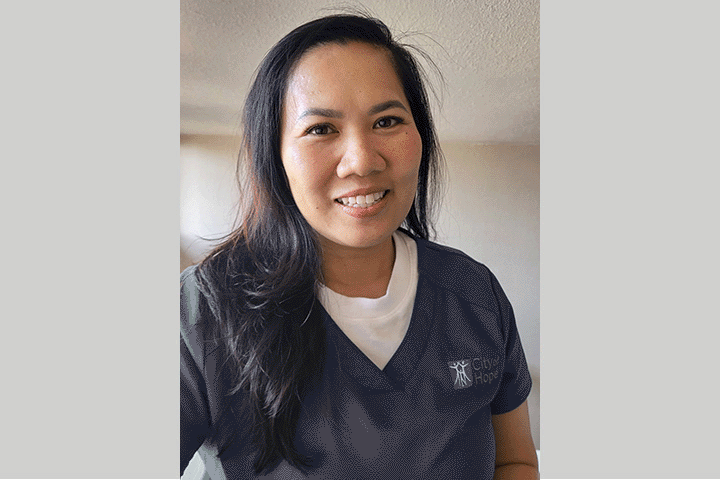What You Should Know About Tumor Boards

When you are diagnosed with pancreatic cancer, you need input from a variety of medical professionals.
“The type of questions we need expert opinions on and the complexity around the care for our patients is increasing, so patients require a greater level of expertise,” says Dr. Shaalan Beg, GI cancer specialist at Harold C. Simmons Comprehensive Cancer Center at University of Texas Southwestern Medical Center, Dallas. If you have pancreatic cancer, it makes sense that you would want as many experts as possible working together to help guide your treatment decisions.
With only 71 National Cancer Institute-designated cancer centers in the United States, not all patients have access to oncologists who have expertise in pancreatic cancer. That’s where tumor boards can be invaluable. The board’s only goal: to determine the best possible treatment and testing options for an individual patient.
What Is a Tumor Board?
A tumor board brings a pool of experts into the same room (real or virtual), each with specialized knowledge within a certain aspect of cancer diagnosis and treatment. The more experts you get around the table, the more detailed and nuanced those recommendations.
“The function of a tumor board is simply to get a multidisciplinary review on a particular case,” Beg says. “So the patient doesn’t need to see every medical expert on the team during a one-on-one appointment, but instead receives advice and insight from all of the experts at the same time through board review.”
The experts who sit on these boards include, but are not limited to:
- Pathologists
- Radiologists
- Oncologists
- Registered dietitian nutritionists
- Genetic counselors
- Gastroenterologists
- Social workers
- Nurse navigators
Historically, tumor boards resided strictly within the four walls of one institution. But the rules are changing and today’s tumor boards are extending beyond a single brick and mortar institution into the virtual space.
Depending on where you live, you may not have access to the world’s most experienced physicians. With virtual tumor boards, more patients than ever before can benefit from the insight and expertise of world leaders in the pancreatic cancer realm.
“With the pandemic, information technology has become even more robust and experts across institutions are working together through some unifying project or research objective,” Beg says. “These virtual tumor boards are a way to get more nuanced recommendations to patients from experts who speak, think, and work on pancreatic cancer every day.”
Paving the Way Toward Change
The nonprofit organization Cancer Commons convenes world leaders in the cancer field to help patients identify and access the best possible treatments for their specific case. This can include connecting patients to appropriate, and maybe lifesaving, clinical trials. The organization provides information on many types of cancer, including pancreatic cancer, partnering with Let’s Win and Pancreatic Cancer Action Network (PanCAN).
One aspect of Cancer Commons’ approach includes convening virtual tumor boards. “We offer a highly customized experience, connecting patients with our collaborative network of nurse navigators, Ph.D. scientists, and national experts,” says Lola Rahib, Ph.D., Cancer Commons’ Director of Scientific and Clinical Affairs. “With Cancer Commons’ tumor board, patients get suggestions about testing and treatment options from experts all over the world that they can then take back to their local physicians.”
Anyone who lives in the United States can provide their medical information and become part of the registry. Cancer Commons will follow them over time and use the data to inform research projects and practice guidelines. Cancer Commons’ virtual tumor board could reduce cancer care disparities and improve the level of care in the community.
“Our services are free, and they’re great for patients who are having trouble making treatment decisions,” Rahib says. “For patients who hear, ‘there’s nothing more we can do,’ a virtual tumor board may open up new options.”




